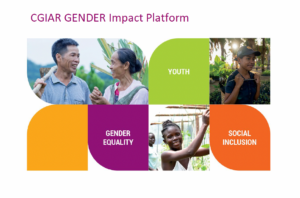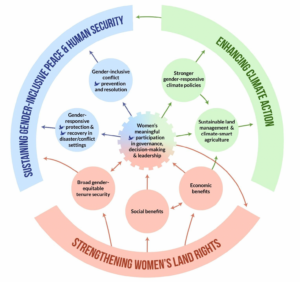The report examines the impacts of both sudden and gradual environmental changes, illustrating how these phenomena drive forced and voluntary migration across Nepal’s diverse communities. By focusing on the gendered impacts of migration, the research explores the unique challenges faced by women and those left behind, emphasizing the importance of reducing labour burdens and enhance resilience through climate-smart technologies and adaptive measures.
A key focus of the report is the inclusion of vulnerable groups, such as displaced persons and highly vulnerable households, in government-led development and climate adaptation initiatives. Their experiences provide valuable insights into the intersection of migration and equitable climate action, emphasizing the need for equity and empowerment in policy responses.
In addition, the report evaluates Nepal’s existing policy framework highlighting best practices in managing human mobility amid environmental challenges. By offering a roadmap for strengthening national policies, the study paves the way for more effective and inclusive approaches to address climate-induced migration.




